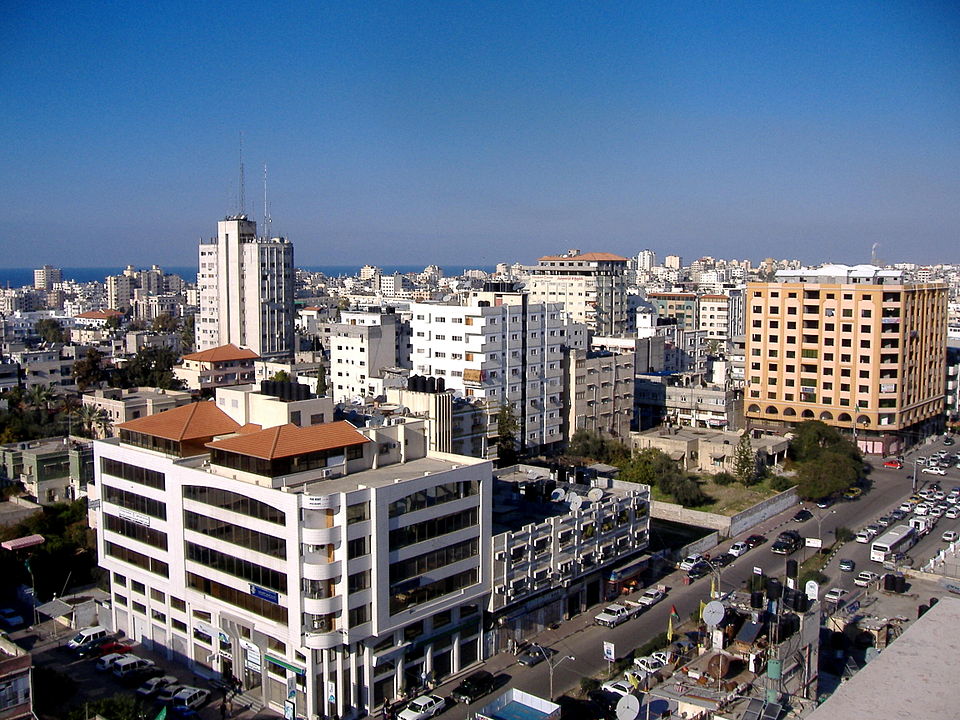
Prime Minister Sir Keir Starmer is expected to confirm on Sunday that the UK will officially recognise a Palestinian state — a landmark shift in British foreign policy.
Back in July, Starmer warned that unless Israel agreed to a ceasefire in Gaza and committed to a genuine peace process, the UK would change its position. Those conditions have not been met, and the government now says it has a moral duty to keep alive the hope of a two-state solution — one where Israel and Palestine exist side by side.
The decision has sparked fierce backlash from Israel, families of hostages still held in Gaza, and some Conservative MPs. Israel’s Prime Minister Benjamin Netanyahu has condemned the move, saying it “rewards terror.”
Why now?
Officials point to the worsening humanitarian situation in Gaza. Starmer has described the starvation and violence there as “intolerable.” Over the weekend, Gaza’s health ministry reported at least 71 Palestinians killed in just 24 hours of Israeli airstrikes, as Israel pressed on with a devastating ground operation in Gaza City. A UN official called the offensive “cataclysmic.”
A recent UN inquiry went further, accusing Israel of committing genocide — a charge Israel rejects as “false and distorted.” Meanwhile, Israel’s expansion of settlements in the West Bank, widely considered illegal under international law, has added to fears that the prospect of a Palestinian state is being erased.
Voices from both sides
Palestinian leaders have welcomed the UK’s decision. Jenin’s mayor Mohammed Jarrar said it showed the world recognises Palestinians’ right to statehood, even under occupation. Husam Zomlot, Palestine’s envoy in London, called it an “inalienable right” and said Britain was finally correcting a historic wrong.
Deputy Prime Minister David Lammy insisted the move was about principle, not timing: “This won’t feed children or free hostages — that requires aid and a ceasefire. But it does keep alive the chance of a two-state solution and says clearly that the Palestinian cause is just.”
But many Israelis, including families of the 48 hostages still believed to be in Gaza, say the decision makes negotiations harder. In an open letter, relatives argued the announcement has already been celebrated by Hamas as a “victory” and risks pushing back ceasefire talks.
Dividing UK politics
Within Britain, the decision has split opinion. Conservatives like shadow chancellor Mel Stride argue recognition hands the UK no leverage and is more about Labour’s internal politics than diplomacy. By contrast, Liberal Democrat leader Sir Ed Davey praised the move as “long overdue,” urging the government to also press Washington for stronger action.
Recognition of Palestine has been a long-standing demand within parts of the Labour Party, and Starmer had set the UN General Assembly, which meets next week, as his deadline for Israel to show progress.
A symbolic step
The UK joins countries like Spain, Ireland, and Norway, which recognised Palestine last year. About 75% of UN member states already do so. Still, without defined borders, an army, or control of its territory, Palestinian statehood remains largely symbolic.
Yet for many, symbolism matters. As Lammy put it: “Now is the time to stand up for a two-state solution.” Photo by OneArmedMan, Wikimedia commons.









































